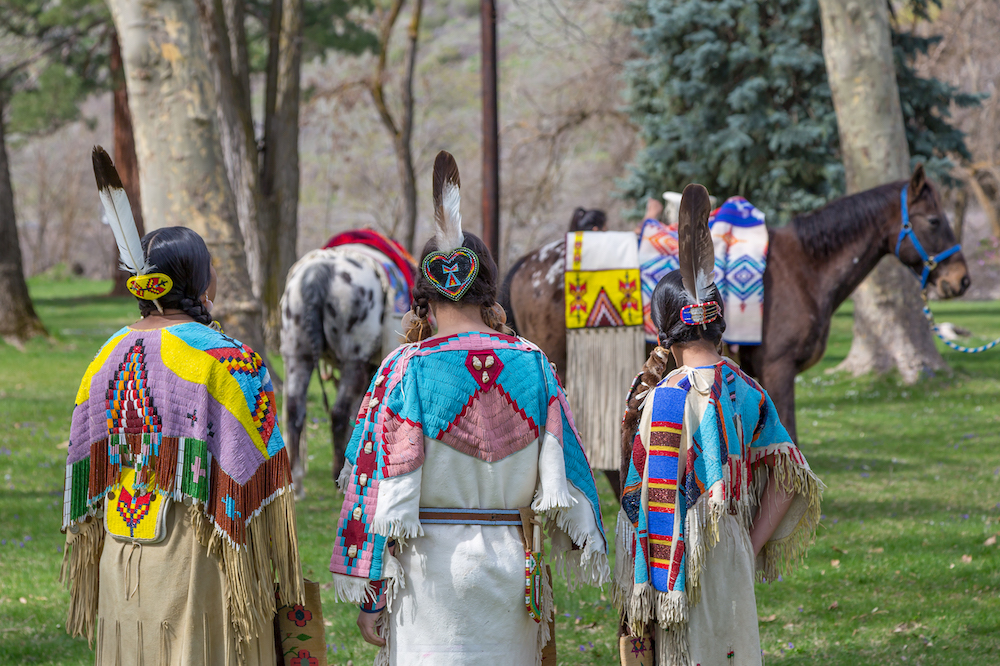
- Details
- By Tribal Business News Staff
- Tourism
The American Indian Alaska Native Tourism Association (AIANTA) said it will provide grant funding to six tribal projects through a collaboration with the US Forest Service.
The grants, totaling near $1.1 million, were awarded under the Native American Tourism and Improving Visitor Experience (NATIVE) Act of 2016.
The six awarded projects include:
- Alutiiq Museum and Archaeological Repository in Kodiak, Alaska, which received $143,460 for a new gallery project.
- Bay Mills Indian Community in Bimley, Michigan, which received $129,000 for their Shingabawassin “Spirit Stone Trail” initiative.
- Chief Joseph Foundation in Lapwai, Idaho, which received $240,565 for an equestrian trails project on the Nez Perce Reservation.
- Organized Village of Kasaan in Alaska, which received $150,000 to improve tourism.
- Pit River Tribe KWAHN Corporation in Burney, California, which received $175,000 for a master planning project.
- Snoqualmie Indian Tribe in Snoqualmie, Washington, who received $250,000 to improve movement capacity on tribal lands.
“It’s an honor to recognize these six deserving entities and projects across our diverse Native Nations and communities and support their efforts to enhance cultural tourism and recreation both on and off U.S. Forest Service lands,” Toby Bloom, national program manager at the U.S. Forest Service, said in a statement. “We are thrilled to partner with AIANTA, the cultural tourism leader in the United States, to award the U.S. Forest Service/AIANTA NATIVE Act Grants, as we work together to expand more inclusive tourism opportunities with these organizations.”
AIANTA CEO Sherry L. Rupert said her organization was honored to “create opportunity” and investment in Native tourism across this year’s awardees.
“As the expert in Indigenous tourism and the only organization to advance cultural heritage tourism across our Native Nations and communities in the U.S., AIANTA is proud to have the capacity to create opportunity for the inclusion of American Indian, Alaska Native and Native Hawaiians in the tourism industry,” Rupert said in a statement. “We are excited to see these six recipients transform and strengthen their cultural tourism programs over the next few years.”
